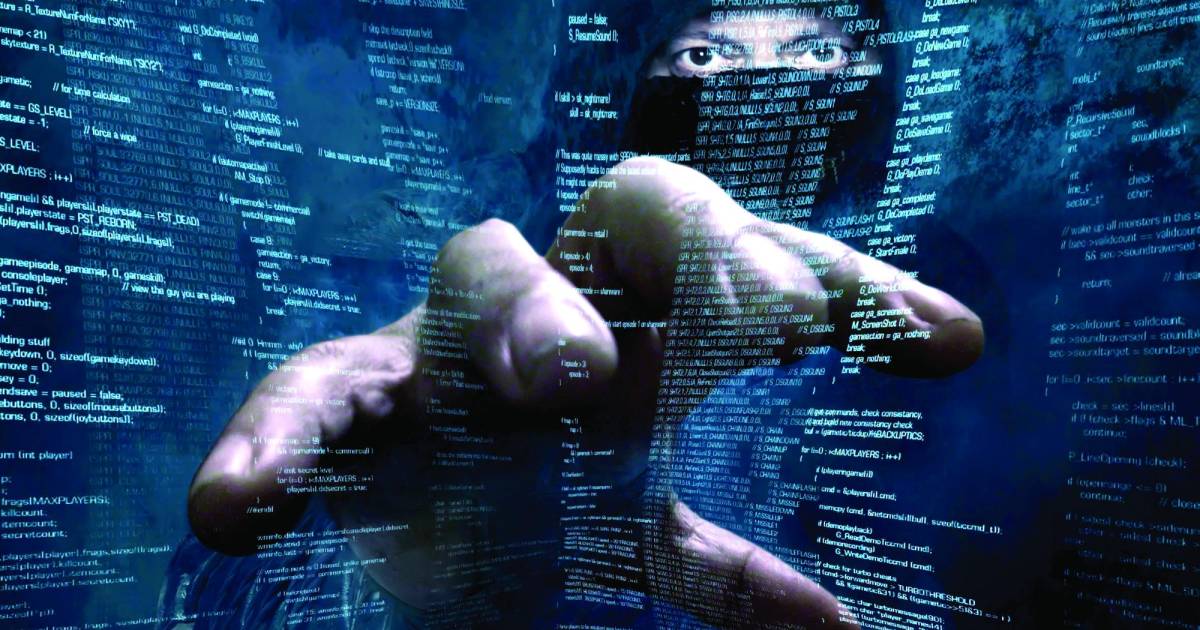Global Courant 2023-05-06 12:15:13
In Honduras, cybersecurity has become a major concern for authorities. According to Police Investigation Directorate (DPI), every day between 3 and 4 cases of cyber-scams, being the “phishing” the most common scam.
Phishing is a technique used by cybercriminals to obtain personal information from individuals, such as passwords, credit card numbers, among others, through emails, calls, text messages, and social networks.
The Honduran Police has a team dedicated exclusively to cybersecurity, and the Penal Code penalizes “phishing” and other computer crimes. However, despite the efforts, the country occupies the position 120 of 175 in the Global Cybersecurity Homeland Security Index (NCSI), being the last one at the Central American level compared to Costa Rica (77), Nicaragua (107), Guatemala (118) and El Salvador (119).
For this report, the Estonian-based organization had the informative collaboration of the National Telecommunications Commission (Conatel).
The low rating in this index is due to several factors, such as a clearer policy, analysis, response, crisis management, education, among others. According to the security officials of the Unit against Computer Crimes, they are working on strategies and technical mechanisms, among which they mention the importance of strengthening the Penal Code to deal more thoroughly with cases of computer crimes.
In recent years, worldwide, “phishing” cases have targeted users of domestic and foreign financial institutions, email accounts, and social networks, where cybercriminals send fake emails requesting personal information to supposedly activate a blocked account or verify it.
Faced with this situation, experts and financial institutions ask users to verify the URL address and not fall into these traps. Other common scams include “ransomware”, or data hijacking in Spanish, a type of harmful program that restricts access to certain parts or files of the infected operating system and demands a ransom in exchange for removing this restriction. Another case is telephone calls requesting sensitive information.
Authorities and experts agree on the need to constantly strengthen data security mechanisms and that both institutions and users must take responsibility for taking precautions.
Protect us in the best way
Cybersecurity expert Marlon Noriega points out that education is essential in the fight against cyberattacks. “It is important that people are informed about best practices online and how to protect their personal data,” he explained.
Another important aspect in cybersecurity is the early detection of possible threats. Noriega explained that there are monitoring tools that make it possible to identify suspicious activities on the network and prevent possible attacks.
“ “Since the pandemic, the massive use of technology has increased crimes of this type.” “
Christian Nolasco, DPI spokesperson
“It is important to have a constant monitoring strategy to detect any unauthorized activity and act quickly to prevent further damage,” he stressed.
In this sense, the Honduran Association of Banking Institutions (Ahiba) has become involved in the fight against “phishing” and has strengthened its response and security systems, as well as educating its users not to provide personal information through unauthorized means. reliable.
For any questions or clarification, it is important to contact the “call center” and other digital media verified by social networks and security certificates (lock icon) at the addresses of sites that are identified with https.
Noriega mentions that to avoid being scammed with “phishing” several indicators must be taken into account, such as suspicious senders, requests for personal information and urgent messages.
You also have to watch out for suspicious links, spelling and grammatical errors, and inconsistent layouts. If any situation seems suspicious, it is better not to provide personal information and contact the company directly.
The technology giant IBM in a 2021 security report points out that at least one person clicked on a “phishing” link in around 86% of audited organizations from different sectors.
Complaint
Cybercriminals have several ways of operating. Gabriel Espinoza, head of Financial Crimes of the DPI, points out that this type of people act seasonally, since when they see that they are investigated or the clients do not fall, they look for other alternatives to try to achieve their goals.
Activities related to transactions are the ones that occur the most. “People are approached by message or call and they are told that they have an irregular purchase, that is when they should not give access to accounts or open links,” recommends Espinoza, who expresses his concern with users in rural areas, since that in urban areas the majority of users have been able to identify these irregularities; however, there are cases in which the victims are studied by close people who have obtained certain information.
Cybercriminals act by sending messages reporting an error, blocking, verification or activation of an account. In general, the sender of the mail is an unofficial account that uses particular names or domains that are not official. If you have questions, contact the institution.
Honduras can benefit from collaboration and the exchange of information with other countries and international organizations dedicated to the fight against cybercrime.
This is the opinion of Cristian Nolasco, spokesman for the DPI, who together with the Cybercrime Unit suggest that the State make alliances such as the Budapest Convention, the first international treaty that seeks to deal with computer crimes and Internet crimes by harmonizing laws between nations, improved investigative techniques, and increased cooperation between signatory nations.
The benefit of international cooperation can also help countries in the region to improve their ability to investigate and prosecute cybercriminals.
By working together, countries can strengthen their legal and criminal justice systems to ensure that cybercrime is adequately punished.
In this sense, the collaboration also helps promote cybersecurity education and awareness around the world. Cybersecurity is a shared responsibility and all internet users must take steps to protect themselves and their devices. International cooperation can help spread information and best practices to protect users.








